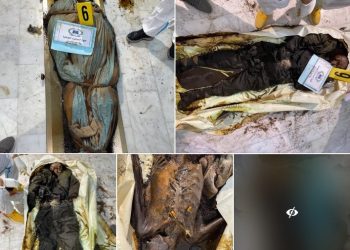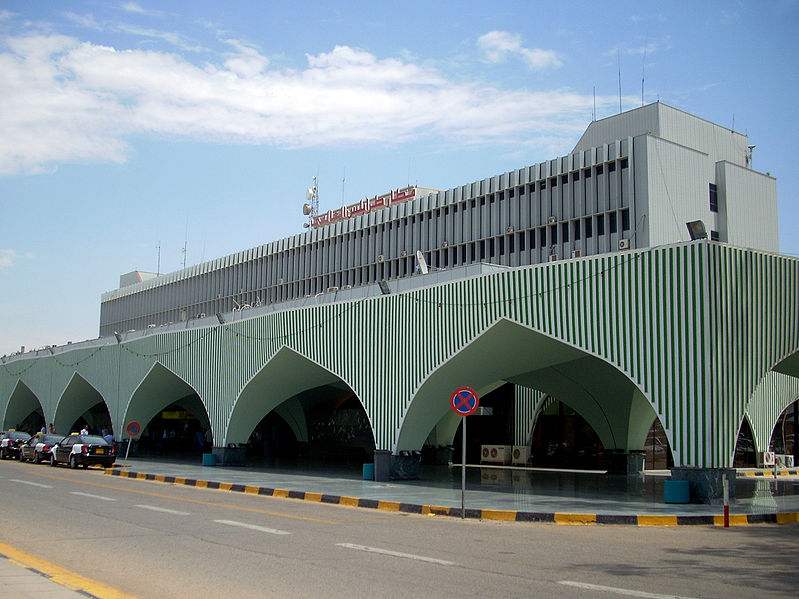By Libya Herald reporters. 
Tripoli and Beida 3, January 2015: Tripoli, . . .[restrict]
Benghazi, Beida and Tobruk are all struggling with lack of power while in the east, collapsing communications and an increasing shortage of cash are compounding the challenges of daily life.
At yesterday’s cabinet meeting the government called in senior executives from state-owned Libya Telecom and Technology (LTT). Ministers demanded to know why “a catastrophic failure” had occurred with internet and mobile phone services. They were told the problem was frequent power cuts, coupled with damage to the mobile mast network which engineers could not repair because of continued fighting.
The cabinet ordered LTT to find alternative ways of restoring as full as service as possible. Electricity company GECOL meanwhile has been juggling to handle falling power output with increasing demand. Much of the east suffered a complete blackout on Thursday.
Power cuts throughout the country can last between five and six hours a day. Both GECOL and the Electricity Ministry’s web pages are dominated by bulletins on the frantic efforts of engineers to fix the latest crises caused by infrastructure damage.
The power outages that are blighting much of Libya are being exacerbated by the icy snap with snow, cold winds and heavy rain. In Beida cooking gas is rarely seen in the shops but a small bottle can be bought on the black market for LD 70, though even here supplies are limited. Coal or charcoal, is just as hard to find in Benghazi and instead of the former LD 15 is now going for LD 50 a bag. Likewise in the city a poor quality candle that will burn through quickly is selling for 750 dirhams.
Benghazinos also face a challenge with cash. Most banks are closed. Even if there is power to work ATMs, the machines have not been restocked with banknotes. In a cash-driven society, people are having to drive ever further out of town to find money. It also seems likely that new notes issued from the Central Bank of Libya in Tripoli, are no longer making their way to the east of the country, adding to a shortage of cash. [/restrict]









